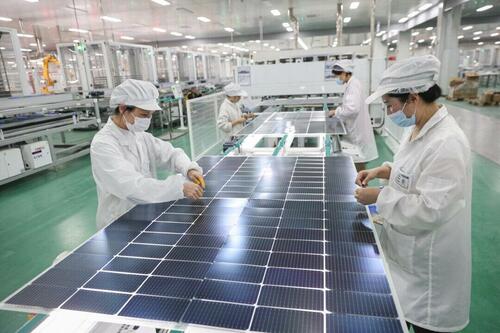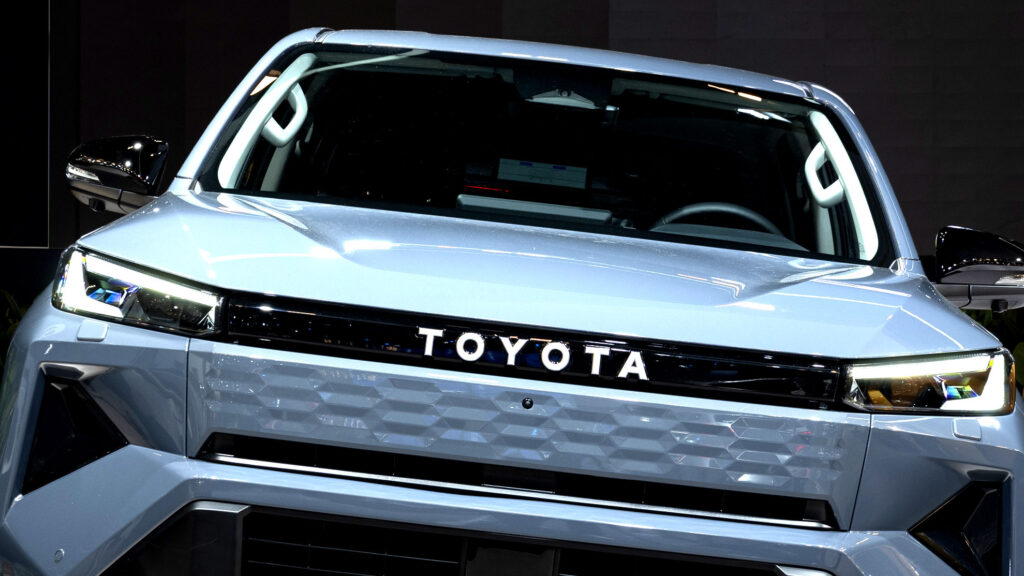China's ambitious green revolution, once seen as a pathway to economic dominance and global leadership, now faces significant challenges. The Chinese Communist Party (CCP) has leveraged the global push for decarbonization to bolster its green technology sector, aiming to weaken Western energy infrastructures while enhancing its own technological prestige. With investments soaring to $890 billion in 2023, China has positioned itself as a leader in solar panels, electric vehicles, and lithium-ion batteries, accounting for a substantial portion of global production. However, this reliance on green subsidies, particularly from the West, raises concerns about the sustainability of China's economic model as scientific scrutiny of climate policies grows, potentially undermining the very foundation of its green ambitions.
The implications of shifting U.S. climate policies, particularly under the Trump administration, could be profound for China's green industry. Recent analyses suggest that the scientific rationale for aggressive climate mitigation may be flawed, challenging the basis for U.S. subsidies that have fueled demand for Chinese green technologies. As the potential repeal of the EPA's carbon dioxide endangerment finding looms, the viability of China's green investments comes into question. The loss of U.S. subsidies could lead to significant economic repercussions, as evidenced by reports of major solar firms in China shedding a third of their workforce. The intersection of environmental policy and economic stability presents a critical juncture for China, necessitating a reevaluation of its green strategy in light of evolving global dynamics.









